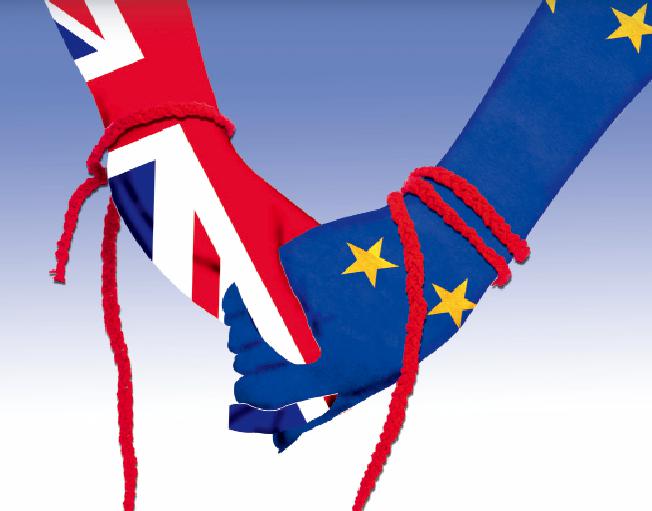
Brexit and the Impact on China
Britain's vote to leave the European Union has shaken global financial markets and the effects will be felt for some time. The so-called Brexit vote,which won by a margin of 51.9% to 48.1%,will mean lengthy negotiations over an exit formula. So far the UK has not formally submitted its intention to leave so it is difficult to say what the final agreement will look like or when it will be hammered out. But there is no question that the consequences that will be far-reaching and China can also expect to feel at least some of the effects. Although some of these effects will be negative,there may also be some opportunities as well. The following analysis examines the risks and the possible opportunities from this momentous decision.
Opportunities and Challenges
China and Europe have seen increasingly close relations in trade and economics in recent years and Beijing's ties to Britain have improved significantly. Although the direct impact on China from the UK vote will be limited in the near future there will be effects over the medium and longer term. If Britain slips into recession and demand for external goods declines as a result of a much weaker pound,China's exports will be hurt. But Britain accounts for less than 3% of China's total exports and its share of China's overall foreign direct investment and the nation's FDI stock are 1% and 1.5%,respectively. Therefore,the direct impact on the Chinese economy will not be severe.
However,Britain's departure from the EU would offer new opportunities for Sino-EU trade and economic relations as it will break traditional political,economic and trade patterns. After Britain withdraws from the EU,investment and trade between Britain and the EU would be undermined and the two parties will be looking for new market opportunities. This may mean a greater effort to boost trade with non-European countries. As a result,it could help China's "One Belt,One Road" program which Beijing hopes to use to boost infrastructure construction and financial cooperation with other states. There also may be opportunities to cooperate with Central and Eastern European countries in road and rail transport as well. In addition,the British decision to withdraw could be positive in terms of getting the EU to reverse its stance and recognize China as a market economy. China is the EU's second largest trading partner. Not long ago,the European parliament opposed granting market economy status to China and this hurt Sino-EU trade relations. In the future,the EU might see a policy shift as a way to boost its own trading position.





